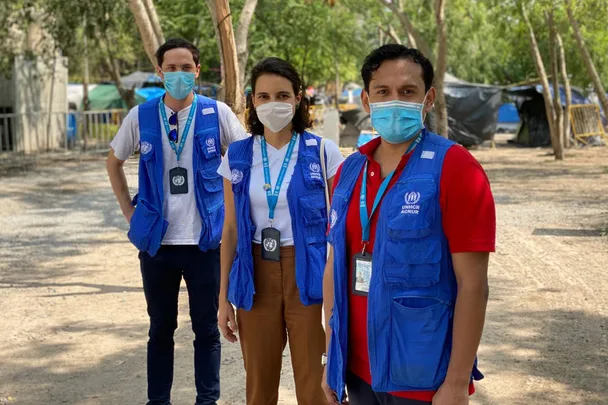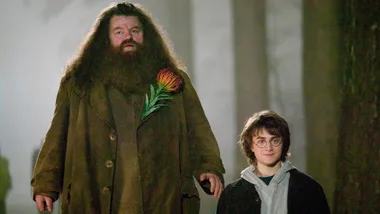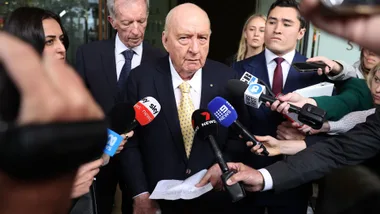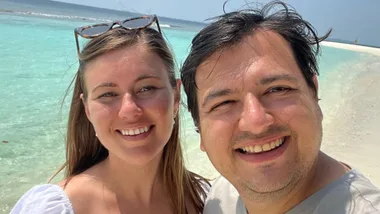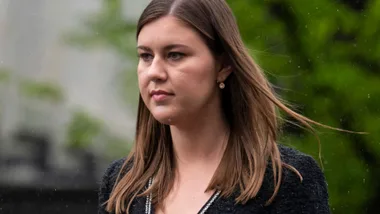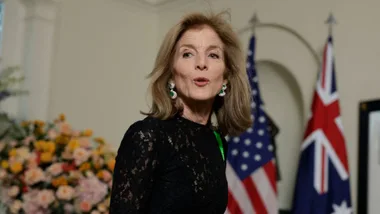This year’s World Refugee Day theme, ‘Everyone Can Make A Difference, Every Action Counts’, has never been more true. Currently, there are more than 70.8 million people around the world who have been forcibly displaced, and as Australia slowly begins to ease its lockdowns, the full-force of the COVID-19 pandemic on refugee communities has only just begun.
The global health crisis has meant a race against time to prepare refugee settlements against the pandemic, which has made the situations more urgent than ever. Refugee girls, in particular, are among the worst affected in any crisis – their voices often the least heard, and their rights and needs left unmet.
For girls in Jordan, Lebanon, Uganda and Nigeria, the global pandemic has been a crisis on top of a crisis, as in refugee camps the pandemic has led to reduced food provisions, cramped conditions making social distancing impossible and a lack of access to basic supplies such as soap. Staying at home and in safety is simply not an option.
UNHCR, the UN Refugee Agency, has some incredible Australians doing groundbreaking work in some of the world’s most disadvantaged countries. Phoebe Goodwin, a young Aussie architect working as a site planner and shelter officer for UNHCR, among them. Currently based in Mexico City, Phoebe is facing the new epicentre of the pandemic, with the World Food Programme warning that the economic impacts of efforts to contain the virus could leave around 14 million people in the region facing hunger this year.
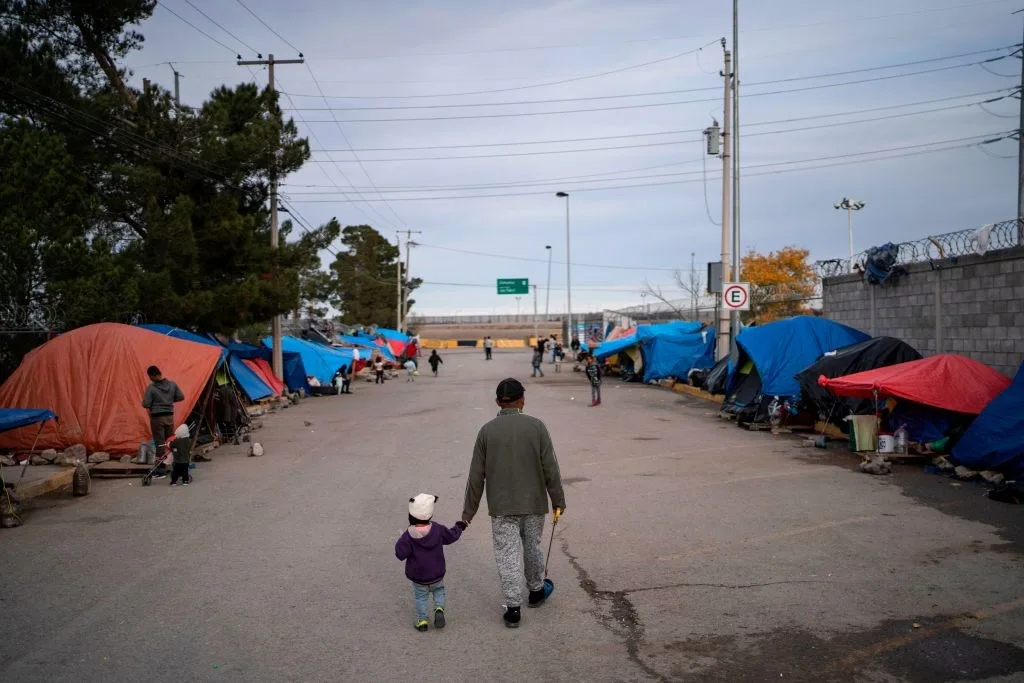
“I am personally responsible for all the construction projects that UNHCR is pursuing in Mexico in civil society shelters, as well as other key community service sites and also public infrastructure,” Goodwin explains. “For example, we are expanding shelters’ capacity, doing renovations, repairs and installing roof-mounted solar panels to reduce their electricity bills.”
Goodwin adds that the UNHCR are implementing further activities to mitigate the risk and spread of COVID-19. These include the supply and delivery of hand sanitiser and other cleaning products, construction of isolation areas and extra accommodation spaces and further information campaigns and awareness sessions.
“Australia for UNHCR is the fundraising body Australians can support UNHCR’s work through – they raise awareness and funds for UNHCR’s emergency response and COVID-19 preparedness programs in 134 country operations across the world, including Bangladesh, Syria, Yemen, Uganda, and Mexico,” Goodwin says of how people can get involved.
“It also helps just to stay engaged and informed about the realities refugees and asylum seekers face, and talk about them with your friends and family. Many crises are in the news for just a week, even though they are situations that have been going on for many years, and will continue to unravel and compound impact on the families and children still caught up in the region. Despite some emergencies being seen as ‘old news’ – there are millions and millions of people of concern still needing support and protection.”
For more information on how to support World Refugee Day and beyond, see here.
